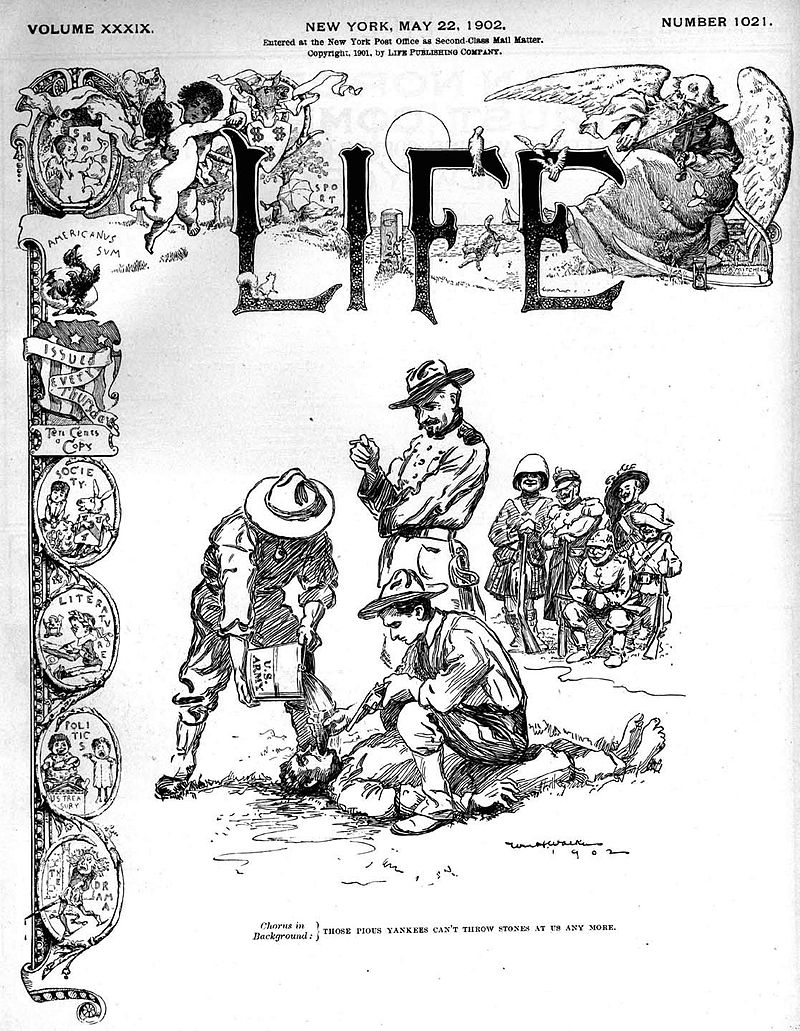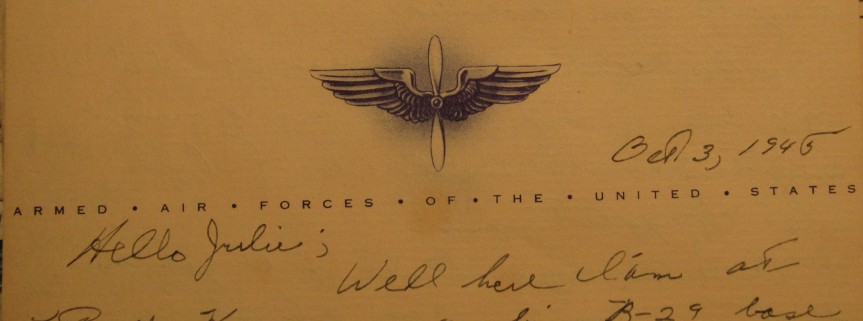
W.J. Astore
Back in 2009, I wrote a few articles on torture during the Bush/Cheney administration. With Barack Obama elected on a vague platform of hope, change, and transparency, there was a sense torture would be outlawed and torturers would be called to account. Obama did sign an executive order to outlaw torture — which really meant nothing more than that the U.S. would abide by international treaties and follow international law with respect to torture — but torturers were never called to account. The failure to do so has left us with a new president, Donald Trump, who says he supports torture (though his Defense Secretary, James Mattis, does not), and a person nominated to head the CIA who enabled torture and helped to cover it up.
Here are a few points I made back in 2009. We should consider these as Congress debates whether to place the CIA in the hands of a torturer.
Recently [2009] in the New York Times, Scott Shane and Mark Mazzetti showed that the Bush administration, the CIA, and the Senate and House Intelligence Committees failed to ask for any historical context before approving so-called “harsh interrogation techniques,” including waterboarding, in 2002. No one apparently knew, or wanted to know, that the U.S. had defined waterboarding as torture and prosecuted it as a war crime after World War II. Did our leaders think the events of 9-11 constituted an entirely new reality, one in which historical precedent was rendered nugatory?
Perhaps so, but their failure to ask historically-based questions also highlights the narrowness of their intellectual training. Like the accused Nazi judges before the bar in the movie Judgment at Nuremberg (1961), they asked themselves only what the law is (or what it became under John Ashcroft and John Yoo), not whether it is just. If a legal brief authorized brutal methods such as waterboarding, who were they to question, let alone challenge, the (freshly minted) legal opinion?
Clearly, the leaders making and implementing decisions on torture constituted a single, self-referencing, self-identified Washington elite almost entirely divorced from thinking historically, let alone tragically. And because they could think neither historically nor tragically, they found false comfort in picturing themselves as stalwart defenders of the nation, not recognizing the mesmerizing power of vengeance and hate.
Our elected officials who find history books too onerous would do well to invest three hours of their time to watch Judgment at Nuremberg. They might learn that a compromised judiciary will uphold any action — discriminatory race laws, involuntary sterilization, even mass murder — all in the name of defending the people from supposedly apocalyptic threats.
Indeed, defending the country from apocalyptic threats is a popular line for those wishing to uphold the Bush Administration’s policy on torture. After the tragedy of 9/11, and subsequent panic in the wake of Anthrax attacks, our leaders were compelled to “take the gloves off” in our defense, even compelled to exact vengeance as a way of deterring future attacks — or so these torture apologists claim.
In their haste to make America safe, Bush and Company effectively declared vengeance was theirs and not the Lord’s. But the human lust for vengeance is blinding, even more so when it’s perceived as righteous. Here our wrathful lawyers/politicians might consider the lessons of Giuseppe Verdi’s opera, Rigoletto. The hunchbacked court jester, Rigoletto, delights in other people’s misfortune, and for this he is cursed by a cuckolded husband. Soon, his own daughter, Gilda, the joy of his life, is kidnapped and despoiled, the first bitter fruits of the curse. Despite Gilda’s pleas to forgive the transgressor, Rigoletto, blinded by his own murderous desire for vengeance, sets in motion a chain of events that ends with the sacrificial death of his beloved Gilda and the annihilation of any vestige of goodness in his tortured soul.
In Rigoletto, the desire for total vengeance produces total tragedy. In Judgment at Nuremberg, man’s ability to justify the worst crimes in the name of “safeguarding the people” is memorably exposed and justly condemned.
What we need today in Washington are fewer leaders who base their decisions on vengeance empowered by legal briefs and more who are willing to embrace the toughest lessons to be gleaned from history and tragedy. What we need today as well is our own version of Judgment at Nuremberg — our own special prosecutorial court — one that is unafraid to elevate justice, truth, and the value of a single human being above all other concerns — especially political ones.
A full accounting of the torture decisions made by the Bush Administration would serve powerfully to reassure Americans that their government is, in fact, transparent and accountable to the law. Such a result would be more than advantageous: It would indirectly strengthen our national defense as well as people’s patriotism. Far easier it is to trust a government that owns up to its mistakes than one that cloaks them in bombast and bromides.
Self-serving bromides that excuse torture as the price of keeping America safe from evil-doers must be dismissed. Self-preservation is no excuse for torture or similar war crimes. It’s easier to see the truth of this when you look at the abuses committed by countries other than one’s own.
Think, for example, of Germany in the opening weeks of World War I. As John Horne and Alan Kramer have shown in German Atrocities, 1914: A History of Denial (2001), German soldiers clearly committed atrocities against Belgian civilians. But the Germans themselves refused to admit culpability. As Germany’s Chancellor, Theobald von Bethmann Hollweg, explained: “We are in a position of necessity and necessity knows no law.” The court of history, however, has rendered a far different judgment.
When the argument from necessity failed to convince, the Bush administration disputed whether waterboarding actually was torture, even though American soldiers had been punished for it during the Philippine-American War. Indeed, even in Nazi Germany, government functionaries tried to fight a rear-guard action against the Gestapo and its use of waterboarding. In a 1979 article on “The Nazi Concentration Camps,” Henry Friedlander cites a complaint made by the Reich Minister of Justice in regards to a murder in 1934 at a concentration camp in Saxony: “The nature of the assault, especially the use of water torture,” the Reich Minister noted, “reveals a brutality and cruelty on the part of the perpetrator that is alien to German sensibilities and feelings. These cruelties, reminiscent of oriental sadism, can neither be explained nor excused by even the most extreme form of hatred in battle.”
If “water torture” was so clearly illegal and so utterly reprehensible to German legal authorities in 1934, even as they battled the baneful influence of Nazism, how can its true nature remain a matter of dispute among some former Bush administration functionaries?
We fancy ourselves to be a nation of laws that apply equally to all. If our new president truly stands for hope and change, he needs to act appropriately. “Hope” in this case means full exposure of torture and appropriate punishment for those who authorized and conducted it. “Change” means accountability for all, even for (especially for) the highest ranking officials in government.
We need a “Truth Commission” to investigate torture. Efforts to suppress the truth, even seemingly innocuous ones, like looking ahead instead of back, will only make the eventual revelations that much worse. Delays in holding people accountable may even empower others to commit new war crimes in our name. Such are the perils of refusing to confront the truth.
Here, the lessons of the French in Algiers continue to resonate. Think back to the revelations of General Paul Aussaresses in 2001, which scandalized France. Aussaresses unrepentantly confessed that, in attempting to suppress terrorism in Algeria in the 1950s, detainee abuse, torture, even murder became routine, first-choice, approaches. The resort to torture simply begat more torture.
Investigators should look at whether this dynamic also applied to America in Afghanistan and Iraq. How many of our counterterrorist experts became like General Aussaresses: Self-perceived “patriots” who believed torture and even murder were justified in the name of protecting the state? After all, if the state’s essential purpose is to protect its citizens, and you’re dealing with an enemy that’s malevolently contumacious, as Al Qaeda appeared to be, what’s to stop avowed “patriots” from torturing suspects, especially when the state’s leaders have authorized harsh techniques and are pressing you for results?
In the case of the Bush administration, not only did torture apparently provide unreliable intelligence: It also abrogated America’s fidelity to international treaties that forbade torture, and compromised our own ethos of truth, justice, and the American way.
And in the case of the Obama administration, its failure to confront the legacy of torture and to prosecute those responsible helped to facilitate the rise of Trump, a man who boasts of favoring torture while nominating for high office officials who served as torture enablers and supporters.
The words “American” and “torture” are linked together. Isn’t it time we separated them?



 Worthy of being cherished?
Worthy of being cherished? 






